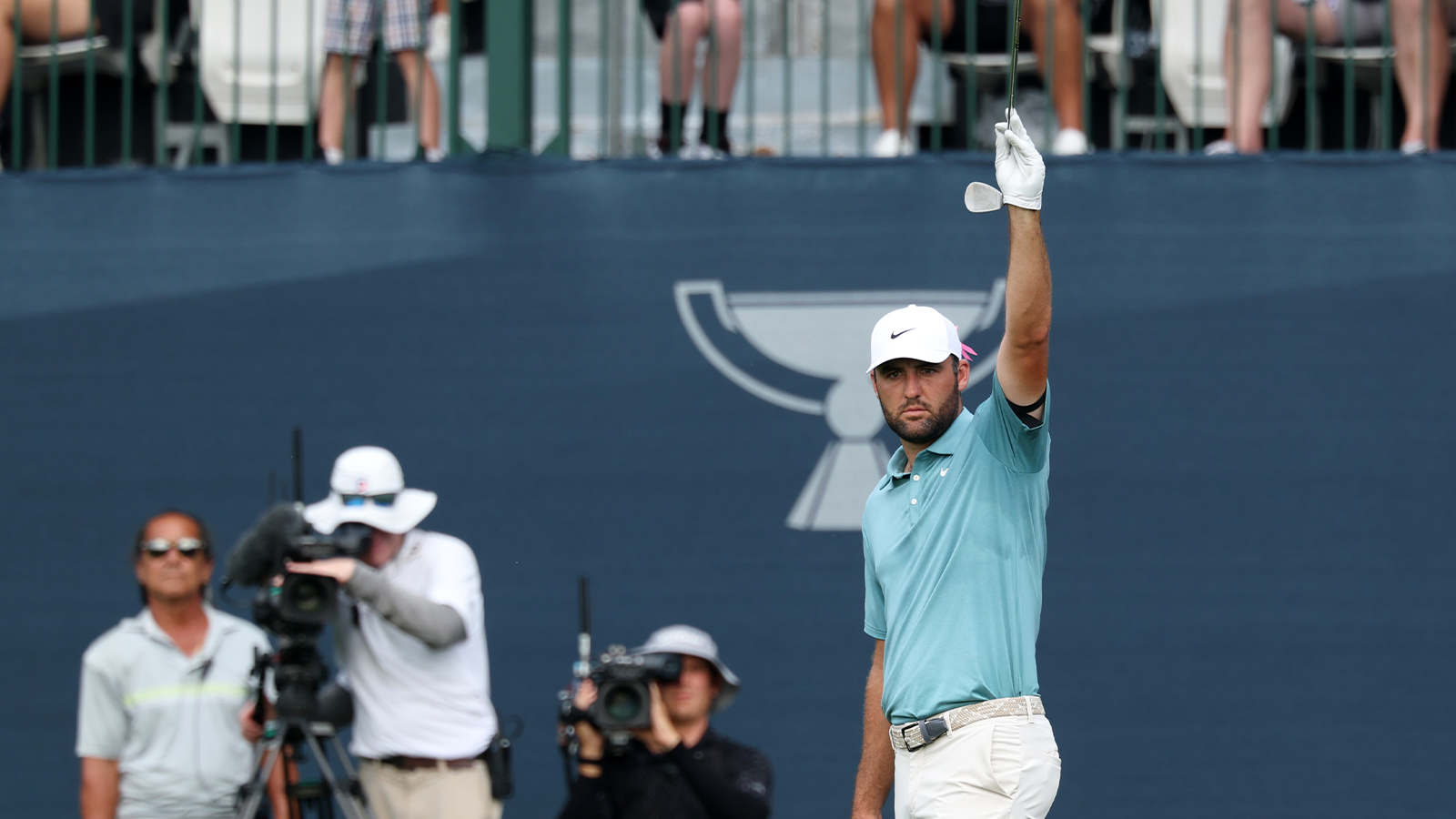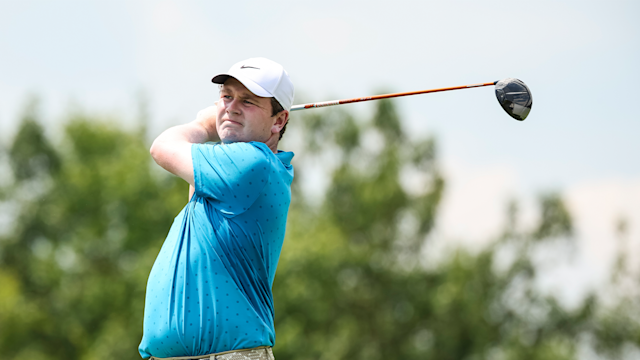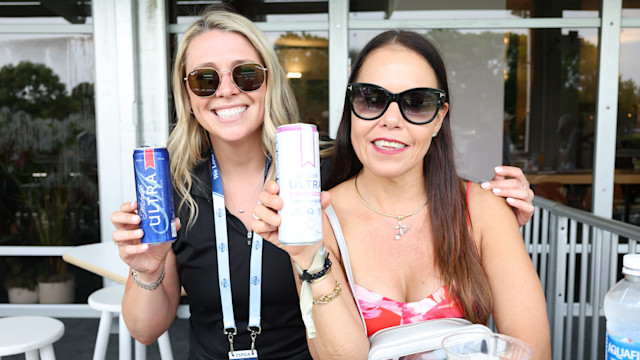quick coaching
Scheffler’s Clutch Chip-In at Caves Valley: 4 Pro Strategies Every Golfer Should Know
By Brendon Elliott, PGA
Published on

Scottie Scheffler's 82-foot chip shot on the 17th hole at Caves Valley didn't just win him the BMW Championship — it capped off a comeback that started four shots behind on Sunday.
"When he's pitched that in on 17 and then he's hit the perfect tee shot on 18, it's pretty much game over," said runner-up Robert MacIntyre.
That chip-in wasn't luck. "It was a chip we practiced," Scheffler said afterward. "I knew how fast it was." This moment reveals four specific lessons that any golfer can steal from the world's best player.
Stop Aiming at Every Flag
Watch Scheffler's approach shots, and you'll notice that he rarely fires directly at pins. "I missed it on the correct side," he said about that now famous chip-in. He was already thinking about recovery before he even hit his approach.
That is not something unique to Scottie; most successful professionals do this. Scheffler does it better; much, much better.
This thinking shows up in his stats. Scheffler leads the PGA Tour in greens hit (73.46%) but ranks 83rd in putting. He's not trying to stick it close — he's positioning himself for easy two-putts.
What you should do: Pick your "safe miss" before every approach shot. Pin behind a bunker? Aim for the center of the green. Pin on the right? Favor the left side. You'll make more pars by missing smart than you'll make birdies by firing at every flag.
Play Your Worst Shot, Not Your Best
MacIntyre started Sunday with a three-shot lead. He missed the fairway on the first hole and made bogey. Missed another fairway on the second and made bogey. Game over.
Scheffler takes a different approach. His driving accuracy (71.3%) ranks 8th on tour, but his distance (301.9 yards) ranks just 70th. He could bomb it farther. He chooses not to.
What you should do: On three holes each round, take one less club off the tee. Hit a 3-wood instead of a driver. Hit iron instead of 3-wood. Fairways beat rough every time, and you can't make birdies from the trees.
Bounce Back Faster
Scheffler three-putted for bogey on the 12th hole, missing a 4-foot par putt. His lead shrunk to one shot. His response? A wedge to 6 feet for birdie on the next hole.
This isn't about positive thinking or visualization. Scheffler has a process: acknowledge the mistake, identify what went wrong, then focus entirely on the next shot. No lingering. No dwelling.
What you should do: Create a physical reset ritual. Adjust your glove, take a deep breath, or tap your club on the ground. This signals to your brain that the last shot is over. Practice this on the range — hit a bad shot, do your reset, then hit the next one. Train the bounce-back.
Practice What Actually Happens
That 82-foot chip-in wasn't random — "It was a chip we practiced," Scheffler said. Tour players don't just hit balls on the range. They recreate the exact situations they'll face under pressure.
Most weekend golfers practice their best swings on perfect lies. Then they wonder why they can't handle bad lies, fast greens, or pressure putts during actual rounds.
What you should do: Spend 20% of your practice time on ugly situations. Chip from different lies. Putt on fast greens. Create pressure by setting consequences — miss five chips in a row and you start over. This builds the muscle memory you need when it matters.
Why This Works
Scheffler's fifth win of the season came from a four-shot deficit, but it wasn't about hitting miraculous shots all day. It was about making fewer mistakes than everyone else, positioning himself for easier recovery shots, and staying mentally sharp when others cracked.
You don't need to hit it 325 yards or make every 20-footer. You need to think strategically, manage your game, bounce back quickly, and practice the situations you'll actually face.
Start with one of these four areas. Pick the one that costs you the most shots right now. Work on it for a month. Your scores will drop — not because you'll hit better shots, but because you'll hit smarter ones.
PGA of America Golf Professional Brendon Elliott is an award-winning coach and golf writer. Read his recent Monday Recap on RG.org and his stories on Athlon Sports. To stay updated on his latest work, sign up for his newsletter and visit OneMoreRollGolf.com.


